
HOME→Is the lime in the ash soil quicklime Is the lime in the ash soil quicklime Is the lime in the ash soil quicklime
Is the lime in the ash soil quicklime Is the lime in the ash soil quicklime Is the lime in the ash soil quicklime

Full article: Soil improvement with quicklime – longtime
2018年5月23日 The establishment of the available lime content allowed the unique identification of the quicklimeimproved layers of soil in the embankment Any level of available lime detected can only have been produced by the treatment with quicklime, because the original soil cannot 2020年9月21日 Lime alongside cement and flyash is considered a traditional soil stabilizer and has been in use for decades now, a significant amount of research has been done on this Stabilisationof Soils with Lime: A Review ResearchGate2024年11月8日 One of the oldest known products of a chemical reaction, quicklime is used extensively as a building material The origin of hydraulic cements goes back to ancient Quicklime Formula, Uses, Definition Britannica2016年1月1日 Lime stabilization refers to the stabilization of soil by the addition of burned limestone products, either calcium oxide (quicklime, CaO) or calcium hydroxide (hydrated lime, The Effect of Quicklime Stabilization on Soil Properties
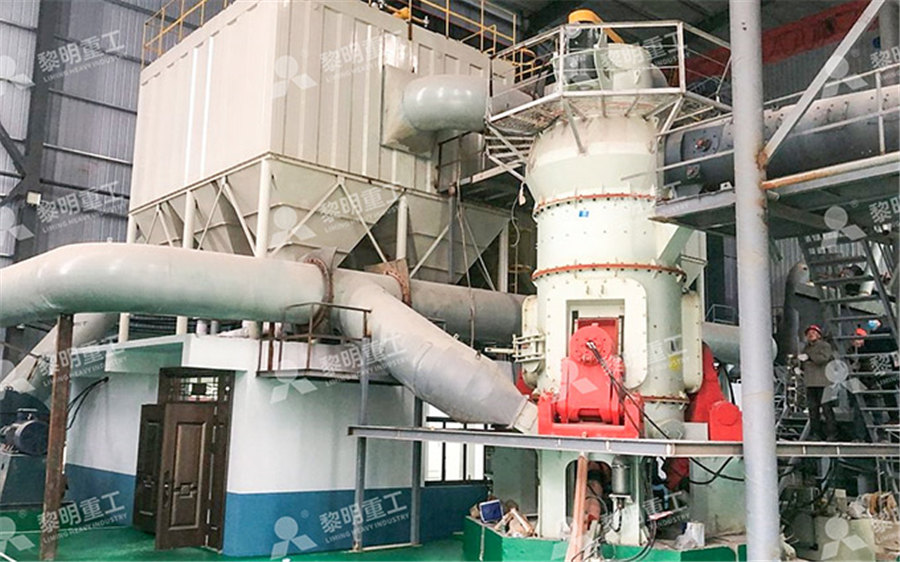
Fundamentals of soil stabilization International Journal of Geo
2017年12月16日 As a result, three forms of lime are produced: quicklime (calcium oxide–CaO), hydrated lime (calcium hydroxide–Ca[OH] 2), and hydrated lime slurry; all of which can be “Lime” is also sometimes used to describe byproducts of the lime manufacturing process (such as lime kiln dust), which, although they contain some reactive lime, generally have only a fraction LIMETREATED SOIL CONSTRUCTION MANUAL GraymontThe purpose of this report is to discuss desirable testing and construction techniques to be used for construction of successful lime stabilization pro jects The report discusses the history of Stabilization of Soils with Lime, LimeFlyash, and Other Lime Lime can be used to treat soils in order to improve their workability and loadbearing characteristics in a number of situations Quicklime is frequently used to dry wet soils at Soil Stabilzation Lime
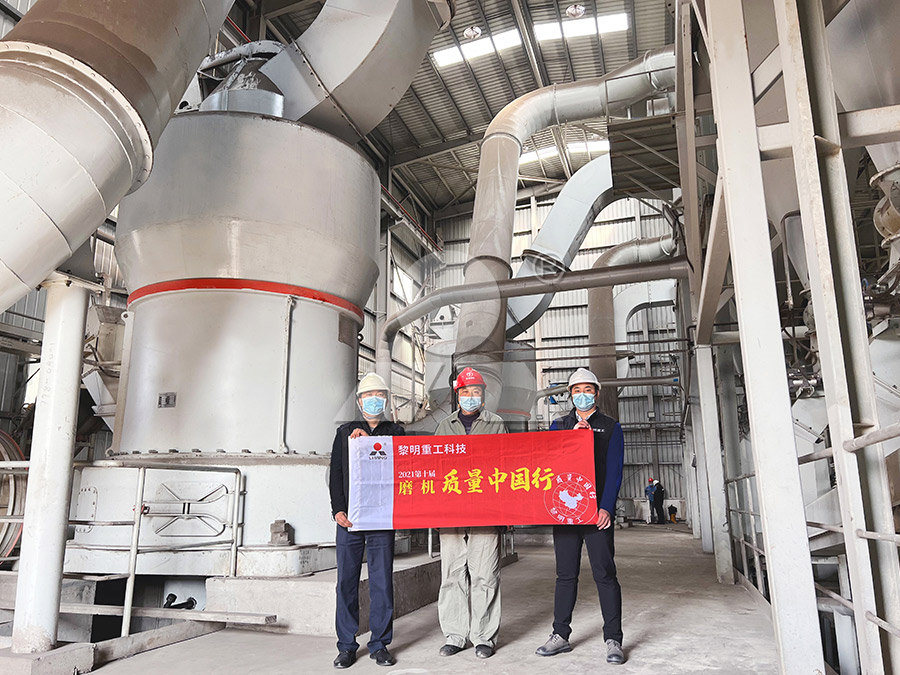
Soil improvement with quicklime – longtime behaviour and
The necessary amount of lime is determined by the Initial Consumption of Lime (ICL), ie the quantity of lime the soil needs to reach a pH of 12 (Eades and Grim, 1966) and that ensures Dolomitic hydrated lime (pressure) this lime is produced from dolomitic quicklime under pressure, which results in hydrating all of the magnesium oxide as well as all of the calcium The Versatile Chemical Lime2013年1月1日 According to different studies conducted on different soil types, it has been found that lime presents better reactions with clay soils In a detailed review on the role of clay mineralogy in soil (PDF) Soil stabilization using lime ResearchGate2023年11月22日 Learn about the effects of lime on soil, including pH adjustment, nutrient availability, alleviation of soil acidity, and enhanced Explore various application methods, types of , and factors affecting lime requirements for optimal health Effects of Lime on Soil Lime is a versatile soil amendment that has several significant effects on the soilEffects Of Lime On Soil: PH Adjustment, Nutrient Garvillo

(PDF) Cement, Lime, and Fly Ashes in Stabilizing
2020年4月30日 In this paper, the effectiveness of different chemical stabilizers in improving the engineering properties of expansive soils is investigated2024年4月3日 For soil stabilization purposes, the term lime must mean either quicklime, hydrated lime or Calciment® LKD Chemically, quicklime is calcium oxide [CaO], hydrated lime is calcium hydroxide [Ca(OH)2] and Calciment® LKD is Mintek’s blend of Lime Soil Stabilization: Find the Best Soil Stabilization MethodNowadays, inefficient properties of soils are a critical issue in engineering projects In some cases, improve the characteristic of unsuitable soils is a fundamental step for making construction This review paper presents the results of research on soil stabilization with lime and fly ash Soil stabilization performed the use of technique to adding a binder to the soil in order A Review on The Lime and Fly ash Application in Soil Stabilization2020年1月1日 Soil is a finegrained regular shake or soil material that consolidates at least one earth minerals with hints of metal oxides and natural issue [8], [9], [10], [11]Clay are plastic because of their water content and turn out to be hard, weak and non– plastic after drying or terminating for example which offers solidarity to the dirt adjustment, it has been collected from Experimental study on addition of lime and fly ash for the soil

Soil Stabilization Using Lime: Advantages, Disadvantages and
Limetreated soil effectively increases the strength, durability and workability of the soil Such treatment also improves soil compressibility A fluctuation behavior was observed on the influence of lime on soil permeability However, the factors affecting the permeability of the soillime mixture should be extensively studied2021年11月12日 Performance of the pavement is largely attributed to the quality of the subbase and subgrade layer In country like India, nearly, 08 million square km of the total area covers expansive soils which are also known as black cotton (BC) soil The shrinkage and swelling characteristics of the BC soils are biggest challenge to any highway construction projects Utilization of the Lime as Subgrade Stabilizer in the Pavement 2022年1月17日 Fentaw et al found that the expansive soil strength of subgrade soil was increased by using waste marble dust, rice husk ash and cement by mixing in an appropriate proportion [6]; 5% fly ash and Experimental Study of Black Cotton Soil Stabilization with Natural Lime 2023年10月13日 Lime stabilization is a proven technique to improve the subgrade properties of black cotton (BC) soil for pavement construction However, deciding the optimum lime requirement for varying soil Subgrade soil stabilization using the Quicklime: a case study from
.jpg)
The Versatile Chemical Lime
C977 Specifi cation for Quicklime and Hydrated Lime for Soil Stabilization C593 Specifi cation for Fly Ash Other Pozzolans for use with Lime for Soil Stabilization Test Methods: D6276 Using pH to Estimate the Lime Requirement for Soil Stabilization D5102 Unconfi ned Compressive Strength of Compacted SoilLime Mixtures Asphalt:2018年10月28日 This technique is called lime stabilization and involves adding lime to the soil The varieties of lime that are used to treat soil include dolomite lime, calcite quick lime, monohydrated dolomite lime, and hydrated high calcium lime Soil stabilization can normally be achieved by using approximately 5% to 10% limeOverview of Soil Stabilization Methods in Road Constructionsoil stabiliation with lime and fly ash Soil stabiliz ation performed z the use of technique to adding a binder to the soil in order to improve the engineering performance of soil Researches were illustrated that adding the additives leads to progress in workability and mechanical behaviour of soil after stabiliationA Review on The Lime and Fly ash Application in Soil StabilizationThe rapid growth of population and urbanization has created an immense demand for infrastructural development, urging researchers to seek solutions for utilizing problematic lands in construction projects Traditional soil stabilizers like lime and cement raise environmental concerns due to significant greenhouse gas emissions during their production RHA (rice husk Application of limerice husk ash mixture (LRHA) for the
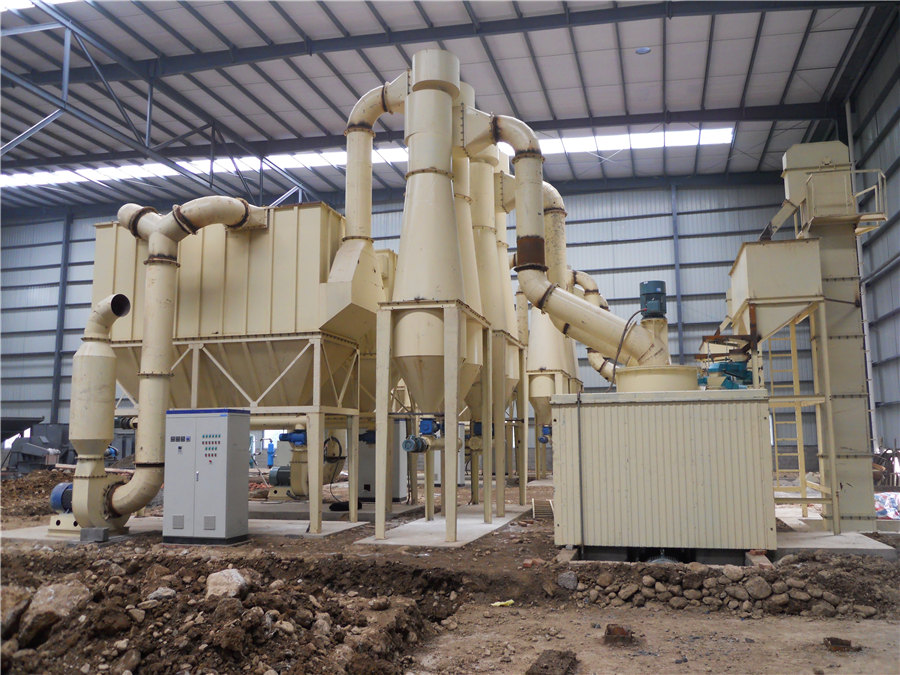
LIMETREATED SOIL CONSTRUCTION MANUAL
Hydrated lime is created when quicklime chemically reacts with water It is hydrated lime that reacts with clay particles and permanently transforms them into a strong cementitious matrix Most lime used for soil treatment is “high calcium” lime, which contains no more than 5 percent magnesium oxide or hydroxide6 天之前 “Soil acidity” is the term used to express the quantity of hydrogen (H +) and aluminum (Al 3+) cations (positively charged ions) in soils (), and soil pH is an indicator of acidityThe pH is the negative logarithm of the hydrogen concentration, expressed on a scale from 1 to 14 (Figure 2a and Figure 2b)A pH of 70 is defined as neutral, with values below 70 being acidic and Soil Acidity and Liming for Agricultural SoilsWaste lime may con tain both quicklime, hydrated lime and impurities, and its use has been limited to small experimental jobs It is difficult to plan on the use of such limited and erratic sources for stabilization on a scale of any considerable magnitude The chemical constituents of lime are quite definite and there should be no doubt asStabilization of Soils with Lime, LimeFlyash, and Other Lime Reactive 2024年5月29日 Recycling trash and protecting natural resources are two of the many benefits of using copper slag as a fine aggregate in a concrete buildingAdvancements in Soil Stabilization: The Efficacy of Fly Ash and GGBS
.jpg)
(PDF) Soil Stabilization with Rice Husk Ash ResearchGate
2017年3月22日 RHA often contains a high content of silica with above 70% which is responsible for pozzolanic reaction (Fapohunda et al, 2017) The amorphous silica in RHA will react with lime as a pozzolanic 2020年6月2日 The bricks made from 76% lateritic soil, 14% lime, and 10% fly ash had the best compressive strength of all the combinations, while all block types had water absorption below 15%Performance of Fly Ash Lime Stabilized Lateritic Soil soil stabiliation with lime and fly ash Soil stabiliz ation performed z the use of technique to adding a binder to the soil in order to improve the engineering performance of soil Researches were illustrated that adding the additives leads to progress in workability and mechanical behaviour of soil after stabiliationA Review on The Lime and Fly ash Application in Soil StabilizationThe cure time is another factor to weigh in when using fly ash While this can vary depending on the fly ash and soil, the cure time is usually slower than a cement or lime treated soil would be Using fly ash as a means of soil stabilization Soil Stabilization: The Ultimate Guide to Soils and Soil
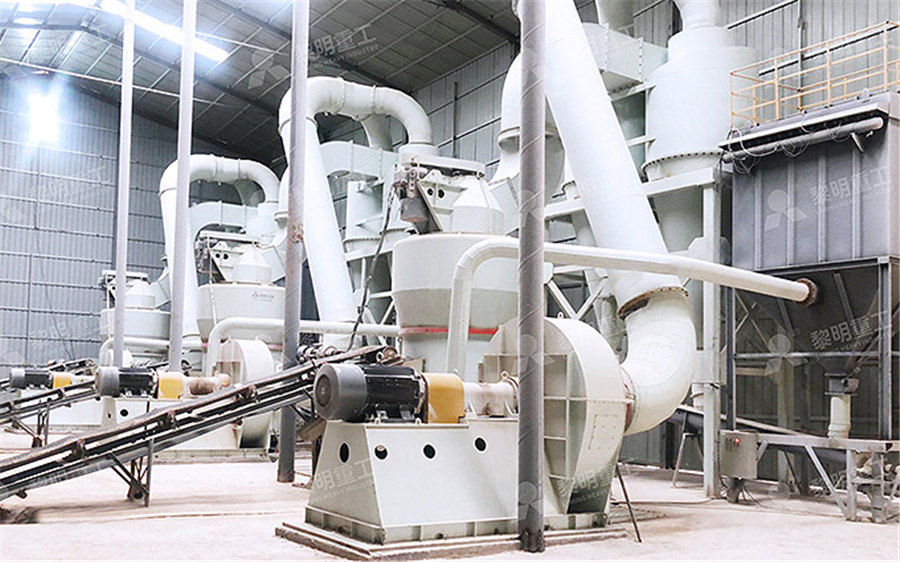
Analysis of Fly Ash and Lime on Stabilization in Clay Soil
2023年12月10日 The foundation is an important part of a building, which serves a basis to withstand the load of a construction The bearing capacity of the pile foundation influenced by soil parameters, namely the internal friction angel (φ) and cohesion (c)The amount of fly ash lime needed to increase soil strength effectively varies according to the type of clay mineral 2017年11月30日 swell tests on soil–lime mixtures altered with Class F fly ash Obser vations showed that lime and fly ash are a good combination for stabilizing silty and sandy soils(PDF) Fundamentals of soil stabilization ResearchGateConstruction costs can quickly surpass the original budget Our Lime Association calculators help to calculate exactly how much lime is necessary for your projectLime Construction Calculators Lime Association2022年2月2日 Soils containing significant levels of silt or clay generally exhibit unacceptable engineering properties (ie low strength, high compressibility and high level of volumetric changes) when exposed to variation in moisture content Chemical stabilizers such as cement and lime which are currently practiced, are often highpriced and unhygienic in terms of Suitability of Rice Husk Ash (RHA) with lime as a soil stabilizer in
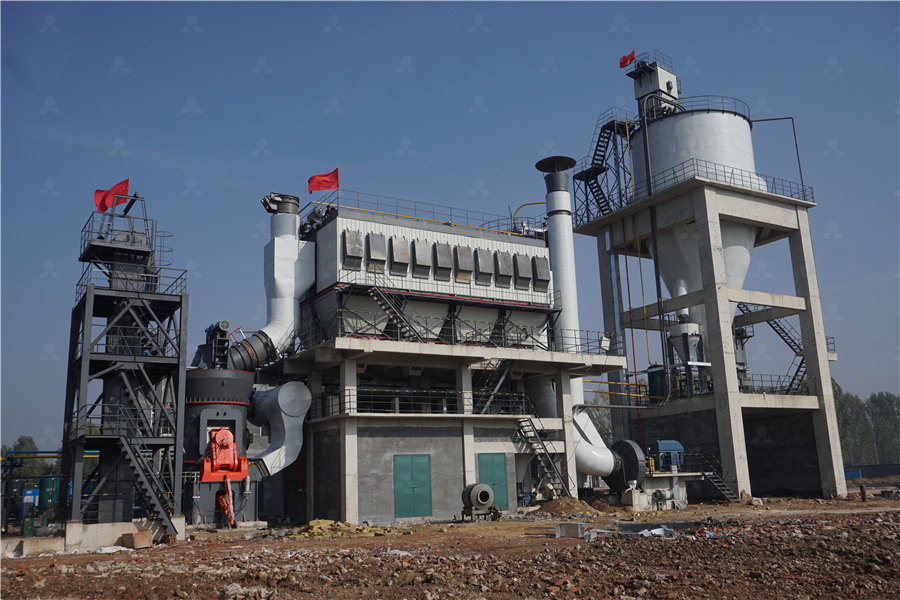
Lime Stabilization of Soils: Reappraisal ResearchGate
2012年6月1日 Lime generally improves the performance of soils However, some cases reported an adverse effect To develop an understanding of the underlying mechanisms, a systematic study covering a wide range 2022年5月15日 Similar proportions of flyash (2%, 4%, 6% and 8% of total soil mass) were mixed with cement (4% of total soil mass) to analyse the comparative effects of ESPlime and flyashcement on the soil Effects of Chemical Stabilisation of EggshellsLime and FlyAsh Quicklime is also referred to as handpicked lime, burnt lime, lump lime, calcining lime, and caustic lime It is known to be a caustic material that is prepared at approximately 900 degrees Celsius by burning calcium carbonate limestone, carbon dioxide is forced off at this high temperature, and the limestone is converted to QuicklimeQuicklime Preparation, Properties, and Applications with FAQs2016年10月2日 When SCBA is mixed in soil, calcium hydroxide from lime or soil reacts with silica from bagasse ash, which is similar reaction as cement reacting with soil and could be explained by two processes Expansive Soil Stabilization Using LimeBagasse
.jpg)
Fly ash utilization in soil stabilization ResearchGate
2014年5月27日 The result shows that addition of expansive soil with lime alone or with lime and fly ash in different percentages, the liquid limit, plastic limit and plasticity Index, optimum moisture content 2015年4月1日 Lime is one of the most versatile chemicals in the world with numerous industrial, environmental and chemical uses It is a white alkaline substance consisting of calcium oxide (CaO), which is obtained by heating limestone; it is also used in the production of hydrated lime [Ca(OH) 2]Due to its different geological origins and the various circumstances surrounding its Lime in the limelight ScienceDirect2020年1月1日 According to Eades and Grim [3], that longterm reaction is the pozzolanic reaction which results in strength gainThe increase in pH of pore water occurs due to addition of lime, silica and alumina from clay released from clay when these become soluble and this strengthens gradually over timeUtilization of fly ash and lime to stabilize the expansive soil and to 2017年3月1日 A laboratory study was undertaken to evaluate and compare the stabilization effectiveness of different percentages (0, 25, 5, 75, 10%) of quick and hydrated lime when applied separately to locally available lateritic soil, a major soil group in the tropical and sub tropical regions Performance evaluation experiments included: Atterberg limits, compaction, Use of quick and hydrated lime in stabilization of lateritic soil

Stabilization of black cotton soil subgrade using sawdust ash and lime
2019年2月1日 Lime in the form of quicklime, CaO, was used for the treatment of the soilSDA mixture The lime is a pure amorphous solid with melting point of 2600 °C, produced from natural limestone It was bought from a pharmaceutical company in a sealed container2024年4月16日 Store your quicklime After you’ve let your quicklime cool, you need to prepare to store it Storing it properly is extremely important as quicklime is a potentially dangerous substance There are a number of things you should consider when storing quicklime Store it in a dry heavyplastic or metal container Seal your container wellHow to Make Quicklime: 10 Steps (with Pictures) wikiHow2023年5月12日 Lime and SBA are used together to strengthen the geotechnical characteristics of expansive soil as SBA contains Al 2 O 3, SiO 2, CaO, Quartz, and cristobalite along with the presence of carbon is also reported [6], [8] which after chemically reacting with water generates a cementitious bond among the particles of soil [1]Hydrated calcium aluminate calcium Soil stabilization using waste “Bagasse ash and lime”: A review2019年8月1日 The use of η/L iv ratio suggests that with a high degree of compaction and a moderate volume of lime, the soil mechanical resistance can be considerably increased (Consoli et al, 2011a, Consoli et al, 2011b, Consoli et al, 2014, Baldovino et al, 2018a, Baldovino et al, 2018b)Thus, the amount of lime and porosity of the limesoil blends can be optimized using EqOptimizing the evolution of strength for limestabilized rammed soil
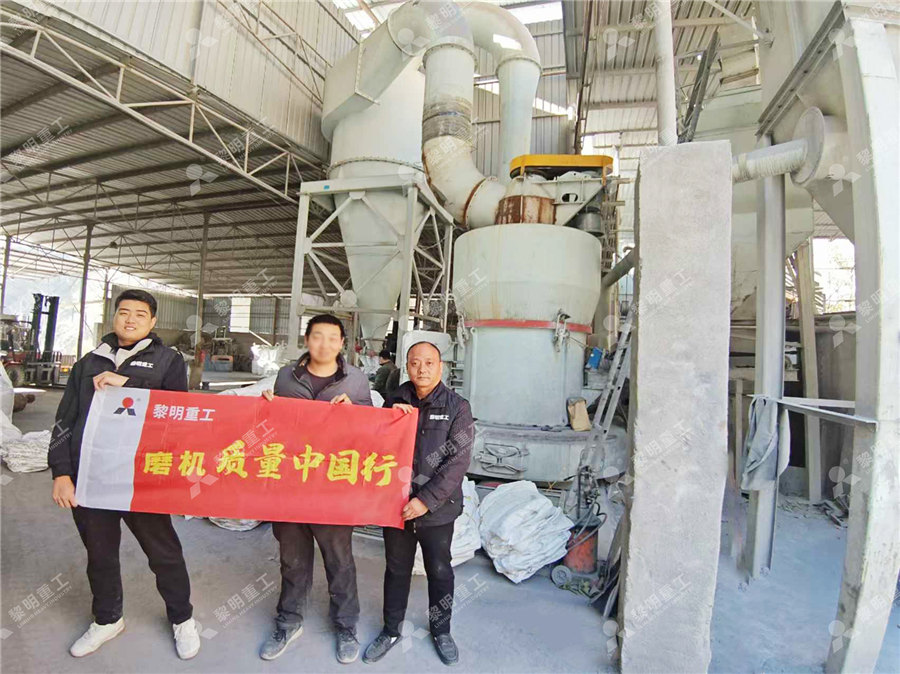
What Is Quick Lime? Types, Properties, And Uses Tradeasia
2023年2月2日 Quick Lime (CaO) or calcium oxide, is a white or gray powder material that is applied for industries such as industrial and environmental applicationsQuicklime has various grades that are applied for differing applications In this article, we are going to take a further look at what is quicklime, its properties, its applications or uses, its types or grades its importance













